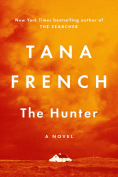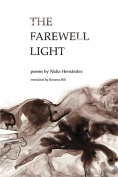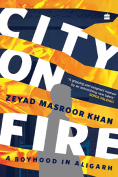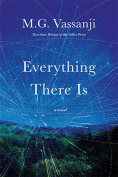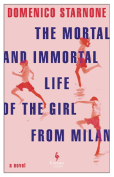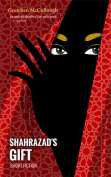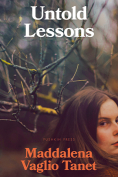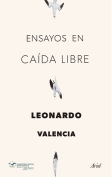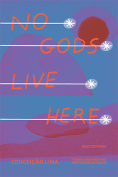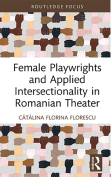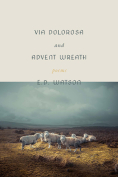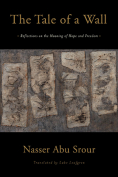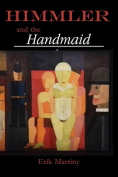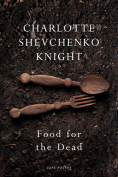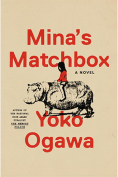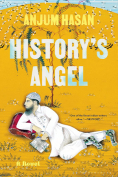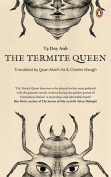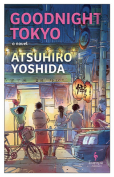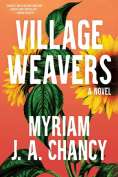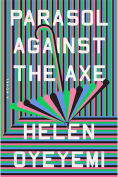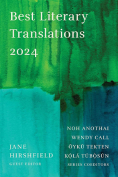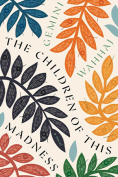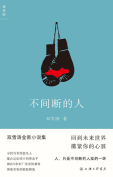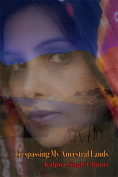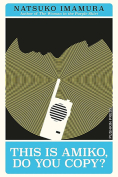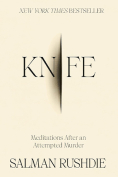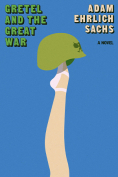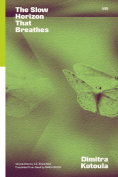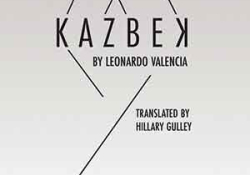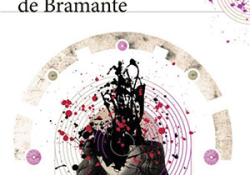Ensayos en caída libre by Leonardo Valencia
 Bogotá. Planeta/UASB. 2023. 420 pages.
Bogotá. Planeta/UASB. 2023. 420 pages.
During the nineteenth and twentieth centuries, Latin American novelists were a constant presence in the press, thereby acquiring prominence as intellectuals or public figures, to the point that some became presidents. Their role as arbiters is more complicated today due to greater exposure (and manipulation) in social media, more gatekeepers, and publishers reluctant to bet on their nonfiction. Yet some novelists born from the late 1960s to the mid-1970s are a visible presence because their writing snubs divisions between public and specialized audiences and, more importantly, between narrative and creative nonfiction (see a representative sampling in the December 2023 issue of Review: Literature and Arts of the Americas).
Juan Gabriel Vásquez, Mariana Enríquez, Patricio Pron, Alejandro Zambra, María Moreno, Ariana Harwicz, and Leonardo Valencia stand out in that cohort, and what links them and others is how they hone local and world interests without the need to call their approach dialectical, because it is much more. Ensayos en caída libre makes clear that Valencia is the most daring among them, preferring to be “canceled” than to become an engineer of human souls, a mission that still attracts his national cohort, importers of new colonial interpretations.
One can infer from his essays, articles, critical notes, reviews, and journalism collected here that he knows his arguments cannot be understood by leaving out their sociocultural contexts, or subjecting them to cold, analytic scrutiny, isolating them from other dialogues. That is the case with the more academic and longest single essay, “Ensayo sobre la dinámica del continuo narrativo” (An essay on the dynamics of narrative continuum), the fifth of the six parts that make up this volume. A similarly foundational essay is “El mago y la reina coja” (The magician and the lame queen), an expanded version of a 2021 talk that assesses the state of the art of Latin American literature and criticism, focusing on the agency of the mythical and canonical Argentine prose writer César Aira and on his own.
If in the expanded 2019 edition of his first collection, the polemical El síndrome de Falcón (2008), Moneda al aire (2017), and in some of the Ensayos en caída libre Valencia analyzes how nomadic writers (Chatwin, Ishiguro, Sebald, Vila-Matas) link their wanderings with slight attention to the physical landscape, showing that present-day distress is created by the monstrous accretion of dystopic material, he now emphasizes other writers’ hopes and vitality. He subsequently collates, in the extensive third part, their estrangement from local realities that prize autochthonous soul-searching, opting for a cosmopolitan contemporaneity. The cast could not be worldlier: Akutagawa and other Japanese masters, brief pieces on Kertész, Magny, Dante, and Stendhal. Lest that literature appropriate the world, Spanish-language masters Borges, Cervantes, Monterroso, Bolaño, and Pizarnik complete these dramatic personae.
Valencia’s national or international moments may be a soft version of the Chinese proverb “may you live in interesting times,” or a feeble irony about difficult times in “free fall,” the title of his book. Be that as it may, Ensayos en caída libre is ultimately an exceptional defense of literature, as he recognizes in the title essay that closes the volume. Writing after Covid (examined in the fourth part), he commits to being a bastion of creativity in his professorial (as a teacher of creative writing and comparative literature) and journalistic duties, fixating on ideas, not on being ad hominem. Reading the nineteen texts of the first part and the twenty from the second as a whole, one could agree with his musings, be upset or frustrated by others (humor is conspicuously absent), or simply give up. Nevertheless, particularly in the press columns, his agile, erudite, and practical thinking is ever-present.
Time and again, the nonfiction in part 1 is perspicacious, and some make you wonder if you have read anything like them before. The autobiographical “Notas para volver a un país futuro” (Notes for a return to a future country; born in Ecuador, he lived five years in Peru and almost twenty in Spain) and “La lectura imposible y la inagotable” (Impossible and exhaustive reading) as well as the thoughtful and also too brief “Madera de ensayista o el abandono de la experiencia” (The talent of an essayist or abandoning experience) express his personal stakes. Never abandoning the novel, texts on that genre and the lack of expert criticism about it abound in part 3. Without any hierarchy, he admires the world authors mentioned before, adding a diverse roster of Spanish-language novelists very different from one another, such as Emar, Vargas Llosa, and Cercas. And in case he was asked to address worthy national authors, he writes about Lupe Rumazo, Sandra Araya, and Solange Rodríguez Pappe.
Cautiously objective about fashionable currents, Valencia gives a Latin American voice to Rushdie’s view, in Imaginary Homelands, of The Satanic Verses, implicitly arguing that world literature from the purported third world has every right to celebrate “hybridity, impurity, intermingling, the transformation that comes of new and unexpected combinations of human beings, cultures, ideas, politics, movies, songs. It rejoices in mongrelization and fears the absolutism of the Pure.” In that regard, Valencia’s nonfiction is also a mirror image of his prodigious, generally experimental novels.
Will H. Corral
San Francisco
